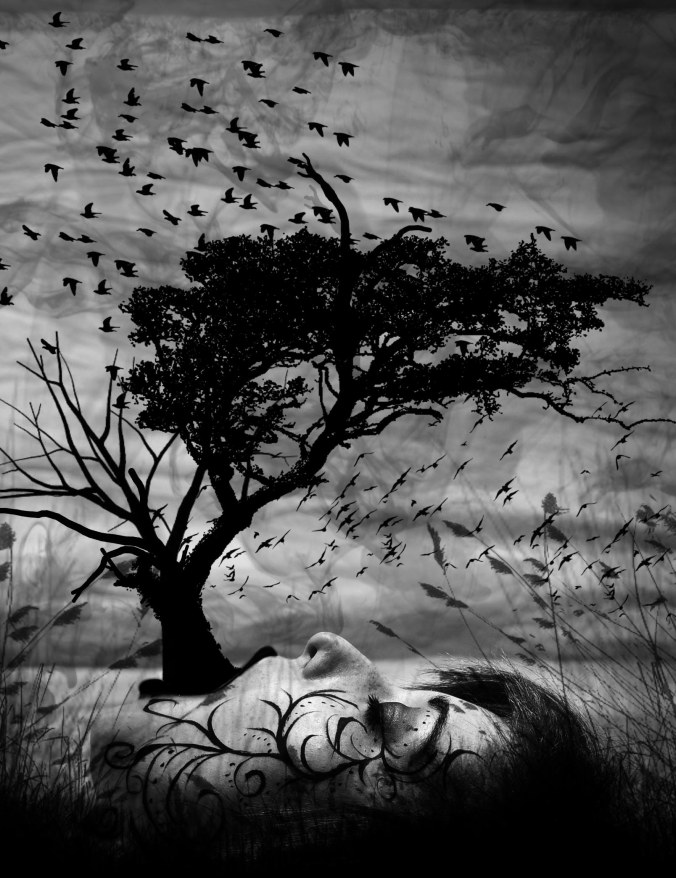| Recensione:
Solo andata. Righe che vanno troppo spesso a capo di Erri De Luca Mariangela Lando Un libro di poesie. Da leggere un poco per volta. Da riprendere in mano. Da capire. I dubbi partono dall’autore stesso quando curiosamente precisa che si tratta di righe che vanno spesso a capo. In questo itinerario di sola andata il mare è sempre presente e tante sono le metafore marine che accompagnano il lettore. Gli inevitabili contrasti che il mare ispira quando diviene mezzo di sopravvivenza di uomini in cerca di un futuro migliore, si mescolano e creano un osmosi di significati plurimi: il mare per questi uomini è acqua selvatica e sudore salato. Si tratta di un mare sognato, desiderato, atteso a cui ognuno attribuisce una forma differente: una mezza luna coricata, il tappeto di una preghiera, i capelli di una madre. Invece il mare diviene all’improvviso il contorno merlato del proprio paese l’ostacolo da affrontare, il luogo lagrimevole da cui partire. Da giorni prima di vederlo il mare era un odore Sarà una mezza luna coricata, sarà come il tappeto di preghiera Cos’era invece? Un orlo arrotolato sulla fine dell’Africa, È l’attesa che precede il viaggio e il momento della condivisione. È l’attimo della speranza partecipata e il tempo della generosità assetata, ubriaca di sensazioni, fintamente esibita nelle parole dei navigatori senza scrupoli: è il prezzo per salire sul mare di nessuno, è il desiderio che si coniuga con l’ignoto. E il mare oscillante e accompagna il prosieguo del cammino, diviene l’unico testimone silenzioso della paura, il solo a contrastare l’odore degli assassini. Beviamo sulla spiaggia il tè dei berberi, Pescatori ci offrono pesci luminosi, L’anziano accanto al fuoco tratta coi mercanti La barca è una sella più comoda di una cavalcatura Per abbondanza, vomitiamo i pesci, Il marinaio è armato, ha paura di noi usciti dal deserto, Sono in due, stanno larghi, ci tengono a distanza, Hanno ammazzato già, si sente dalla puzza di paura, Tutte le poesie della prima parte rinviano alle situazioni fin qui sintetizzate. L’autore coniuga ai tratti drammatici e fin troppo legati alle notizie di cronaca sugli sbarchi, anche una parte biblica. Se esiste un Dio che impone di provare meraviglia per il creato, vi è anche un Dio non cercato dagli uomini. In mare aperto non si invoca, non esiste nessuna supplica d’aiuto. La terra è l’antitesi del mare. Il coro collettivo di preghiere è vuoto, rimane a terra, lontano, quando si canta per le mandrie, quando le donne curavano il fuoco. . “…… Afferro l’arma dalla parte del ferro, lui la stringe dal legno, Una forza di ondate nel mio corpo pareggia la tempesta Il nostro Dio comanda di provare meraviglia Lascia alla meraviglia un tempo, fino al sangue, È una poesia a tinte forti, scabra, che racconta, è una parola che scuote e che vuole essere testimonianza. È un grido dove purtroppo trova spazio l’orrore e la morte. Il popolo è protagonista delle battaglie di vita, è forte nelle proprie terre africane, scacciato dalle proprie case con il seme sputato il più lontano dall’albero tagliato, fino ai campi del mare. Un popolo di sabbia intriso di ferro nel sangue, un popolo la cui Patria è la cenere fresca di vecchi e di animali partita col vento. Guerra, devastazione e morte si rincorrono da oriente a occidente da e per il mare. Con solo andata si rivive il lungo e difficile viaggio “emigrante” fin troppo visto, spesso vano, discutibile. Dalla camicia sfilo la mia lama, sono addosso all’uomo, Il marinaio al timone si fruga addosso un’arma, grida, Fosse un uomo salterebbe nei metri di nessuno Resta al suo posto, vado con il coltello basso e pochi passi Siamo senza guardiani e senza guida La barca è un pezzo di terra preso a colpi di vanga |
Review:
No return. Lines that too often go back to the start by Erri De Luca Mariangela Lando A book of poetry. To read a bit at a time. To pick up again and again. To understand. The doubts begin with the author himself when, curiously enough, he calls them lines that too often go back to the start. During this journey with no return, the sea is forever present, and there are numerous maritime metaphors that accompany the reader. The inevitable contrasts, which the sea inspires when it becomes a means of survival for men in search of a better future, intermingle and create an osmosis of multiple meanings: the sea is wild waters and salted sweat. It is a sea that was dreamt of, desired, and anticipated, which every man imagines differently: a half moon napping, a prayer mat, a mother’s hair. But suddenly the sea is the crenellated contour of one’s own country, an obstacle to be met, a teary place from which to depart. For days before seeing it, the sea was a smell Will it be a half-moon napping, will it be like a prayer mat So what was it? A rolled up hem on the edge of Africa, It is the wait before a voyage and the moment of partaking. It is a moment of shared hope and a time of thirsty generosity, drunken with sensations, finitely exhibited in the words of the ruthless sailors: it is the price to pay to board no-man’s sea; it is desire together with the unknown. And the sea that undulates and accompanies their journey, becomes the sole mute witness of their fear, the only thing that contrasts the smell of the assassins. We drink on the beach the tea of the Berbers, Fishermen offer us luminous fish, The elder near the fire haggles with the merchants The boat is a saddle that is more comfortable than a mount For overabundance, we vomit fish, The sailor is armed, afraid of us who come from the desert, There are two of them, they stand apart, keep us at a distance, They have killed before, we know this from the stench of fear, All the poems in the first part of the collection deal with the facts presented here. The author combines the dramatic, and the all too real, headlines of the boatpeople with a biblical section. If a God exists who commands us to marvel at creation, there is also a God that man does not seek. On the open sea, this God is not invoked; there are no cries for help. Land is the antithesis of the sea. The collective chorus of prayers is empty, left on the dry land, far away, when they sing to the herds, when the women kindled the fire. . I grab the rifle by the barrel, he holds on to the wood, A wave of strength surges within me equaling the storm Our God commands us to marvel He gives that wonder time, till there is blood, It is an intense poem, harsh, that tells a tale; it is an utterance that troubles and that wants to bear witness. It is a cry where, unfortunately, horror and death find their place. The people are the protagonists of the struggles for life, strong in their own African lands, driven out of their homes with the seed that is spit the furthest possible distance from the felled tree, to the meadows of the sea. A people of sand with iron in the blood, a people whose Homeland is the fresh ash of the elderly and animals departed with the wind. War, destruction and death run from east to west, from and over the sea. With solo andata we relive the long and difficult voyage of the “migrant”, too often seen, so often vain, questionable. I slip my blade from my shirt, am on top of the man The sailor at the helm searches his clothes for a weapon, yells, If he were a man he would jump through that vacant space He stays where he is, I move knife held low and only a few steps We are without keepers and without guides The boat is a piece of land loosened by the strikes of the hoe Translation ©Matilda Colarossi |
The author, MARIANGELA LANDO, was born in Bassano del Grappa and lives in Padua. She has a PhD in the Science of linguistics, philology and literature from the University of Padua. She has published works on «Nuova Antologia», «Il Poligrafo», «La Piè», and «Leggere donna». The original article can be found here:
http://www.criticaletteraria.org/2015/09/solo-andata-erri-de-luca-feltrinelli.html?m=1
The book can be found here:
http://www.feltrinellieditore.it/opera/opera/solo-andata-1/
The poems can be found on page 92, solo andata, Erri De Luca, Milano, Feltrinelli, 2014

This work is licensed under a Creative Commons Attribution-NonCommercial-NoDerivatives 4.0 International License.





